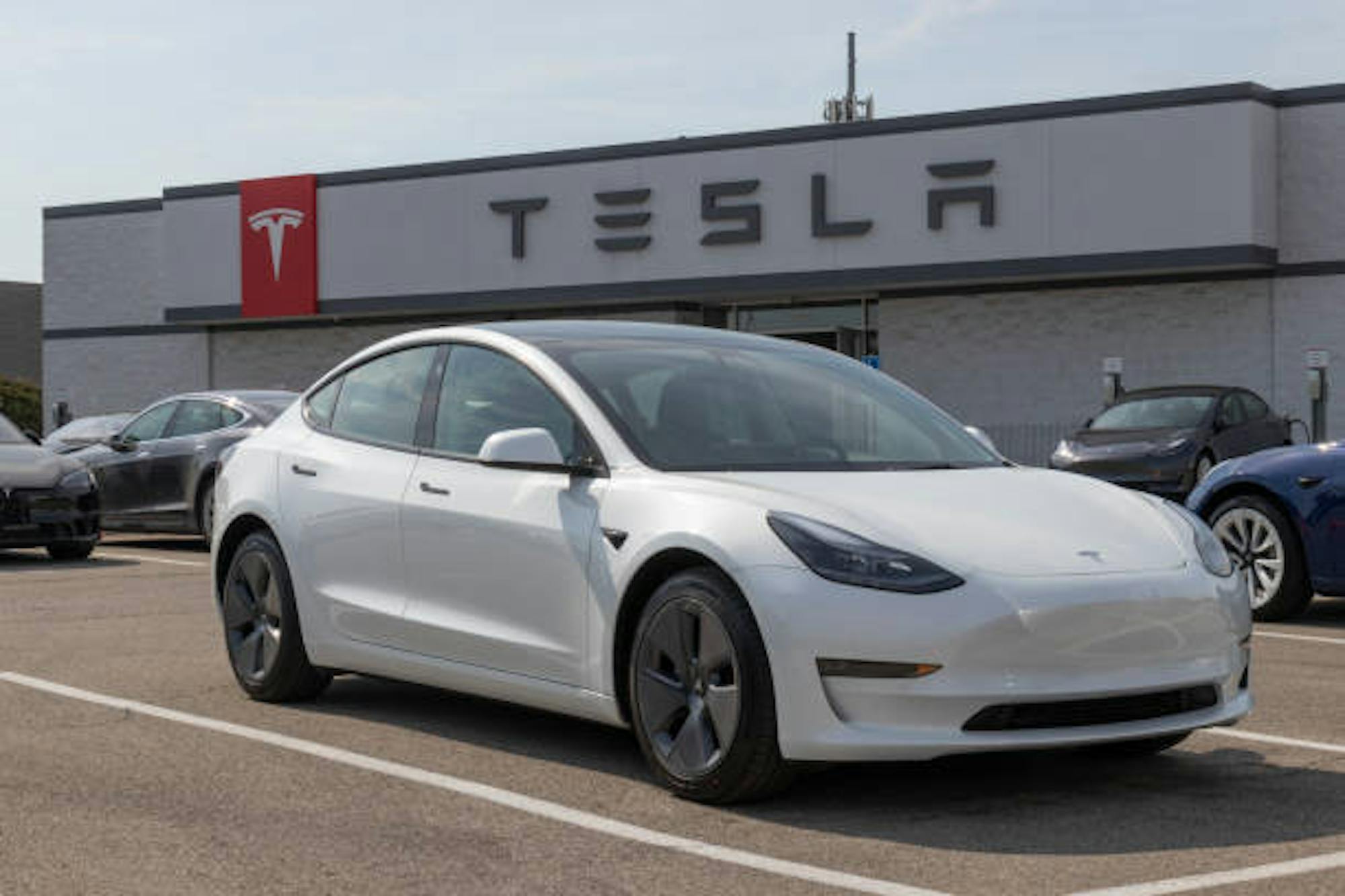The Department of Safety and Security will gradually transition part of its vehicle fleet to electric vehicles in the “coming weeks and months,” according to an email statement from DoSS director Keiselim Montás. DoSS will replace over half of the current fleet with the Tesla Model Y, according to lieutenant Bradford Sargent.
This initiative will introduce four Tesla electric vehicles while maintaining three Ford vehicles, though Montás suggested that the department might eventually consider a transition to a fully electric fleet. Montás wrote that the “current fleet is at its life’s end.”
Sargent — who led the process of transitioning to EVs — said that he began to consider transitioning DoSS vehicles to EVs in late 2021.
“I had seen some articles about different municipal police departments in New England using the Tesla Y model,” Sargent said. “I thought, for our purposes here on campus, that may be something that I’d like to take an exploratory look at.”
Sargent said that DoSS reached out to two police departments that used Tesla cars — Westport, Conn., and Wolfeboro, N.H. — and the Sustainability Office for more information. The Sustainability Office shared the project with the transportation student interest group within the first-year Sustainability Action Program, according to Caroline Mahony ’25.
Mahony, a member of the SAP transportation student interest group, said that the group was already thinking about “the electrification of some of the vehicles on Dartmouth’s campus” when Sargent reached out.
“We brainstormed that [DoSS] could be a very good target for electric vehicles, particularly because a lot of what [DoSS] does is city driving,” Mahony said. “Very start and stop, a lot of idling and waiting around … Especially in Hanover winter, that includes a lot of … waiting with the heat turned on in their cars, and that’s very inefficient for a combustion engine.”
Mahony added that electric vehicles are “optimized” for start and stop driving, and the heat pumps in electric cars make the “air conditioning and heating of the cars way more efficient than the heating and cooling that comes from a combustion engine.”
Once Mahony’s group connected with Sargent, they began to look into different EVs with the help of Dartmouth Energy Alliance. According to Mahony, DoSS gave the groups data on the mileage accumulated and gas used for their existing Ford Explorers, and the groups used an EPA website to compute how much greenhouse gas emissions and costs would be reduced with various EV models.
Mahony said that the student group was initially wary of Teslas because of their higher price point and their reputation as “a little bit of a luxury vehicle,” but the Tesla Model Y ultimately met the operational needs of DoSS.
“The Tesla Model Y had the right capacity,” Mahony said. “The interior space of the vehicle was a big factor for us … because [DoSS has] a lot of equipment that they need to take with them at all times in order to carry out all of their job functions.”
Sargent added that the Tesla Model Y had good safety ratings and all-wheel drive, which was an important consideration for winter driving.
Another major factor was the ability of Tesla to deliver the cars quickly because the lease on the current Ford Explorers is ending soon, according to Mahony.
“We had a Zoom call with a rep from Tesla … which was interesting to hear a little bit of what they would be able to offer us as an institution,” Mahony said. “Teslas were one of the few vehicles that could actually deliver on a [faster] timeline.”
Mahony’s group also looked into the energy mix and electrical infrastructure at Dartmouth. While they found that there was no “campus-wide initiative to bring more electric vehicles” or a “central purchasing authority” for purchasing campus vehicles, there were existing charging stations and electrical infrastructure because individual departments, such as Facilities Operations and Management, had purchased hybrid or electric vehicles on their own. According to Sargent, there will be a charging station dedicated to the new DoSS Teslas.
The success of this initiative is “part of a bigger trend of … America switching to electric vehicles,” according to Mahony.
“I feel like coming in freshman year, you don’t know that you can make a difference like [this],” Mahony said. “But there’s certainly so many avenues and so many people here who are excited to hear from students and excited to work with students to make things happen.”
Caroline Mahony is a member of The Dartmouth Mirror staff.
Kelsey Wang is a reporter and editor for The Dartmouth from the greater Seattle area, majoring in history and government. Outside of The D, she likes to crochet, do jigsaw puzzles and paint.




